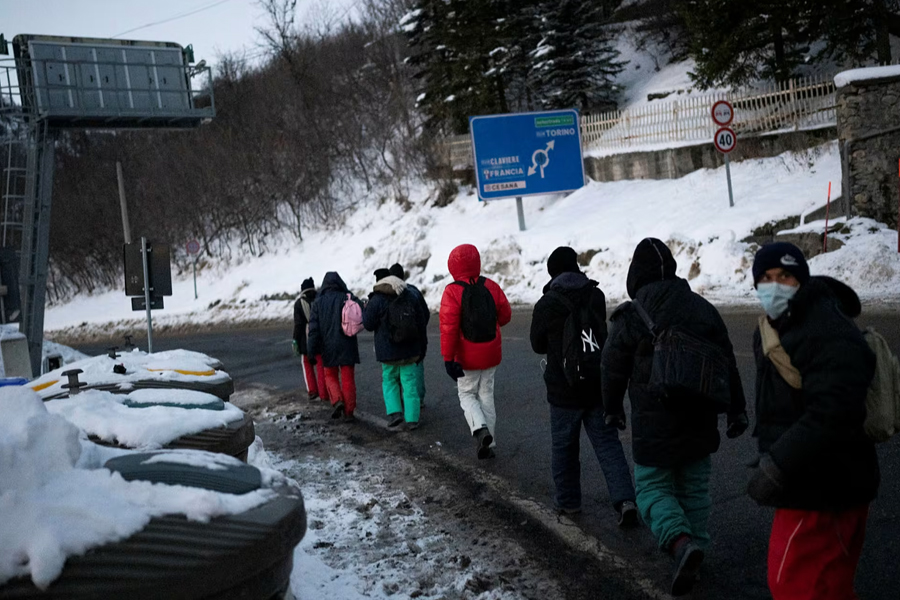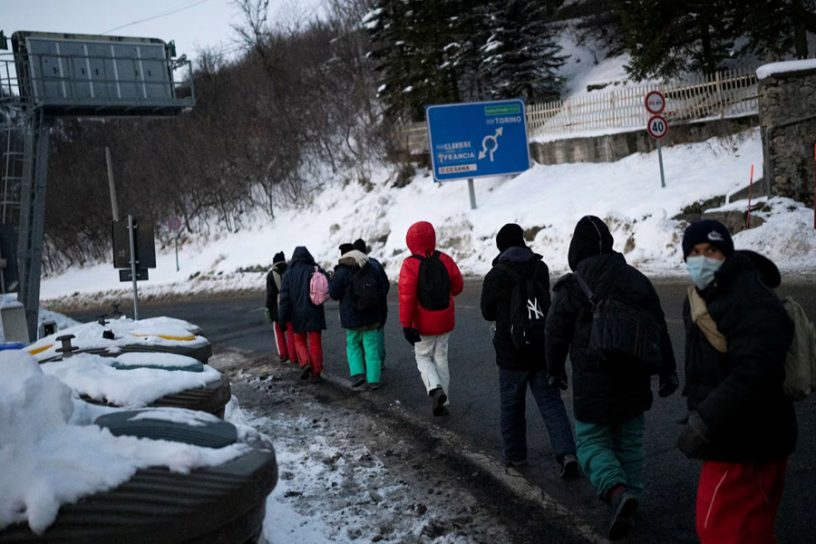
Looking at the Roya Valley, at the Italo–French border, the author suggests that many local initiatives to assist and help migrants in transit were driven mostly by a sense of duty, rather than charity or political motives.
Author
Raffaela Puggioni, Associate Professor, Jindal School of International Affairs, O.P. Jindal Global University, Sonipat, Haryana, India.
Summary
Since the so-called 2015 Migration Crisis, great attention has been devoted to borders, activism and solidarity. While a part of the literature focuses on the political and/or humanitarian aspects of solidarity, this article suggests reading acts of solidarity through ethics.
Looking at the Roya Valley, at the Italo–French border, I suggest that many local initiatives to assist and help migrants in transit were driven mostly by a sense of duty, rather than charity or political motives.
The emergence of three specific circumstances – face-to-face encounters, conditions of emergency and a sense of duty – made locals offer solidarity because of a sense of responsibility.
Faced with a choice between protecting themselves from legal charges or protecting human lives – those of migrants crossing along their route – or protecting themselves from legal charges, many border-people chose the first option. I, therefore, suggest that solidarity should be read through the prism of ethics. Building upon Levinas’ and Derrida’s ethics, I illustrate why face-to-face encounters make a difference and why response-ability requires impossible decisions.
Published in: Journal of Borderlands Studies
To read the full article, please click here.


